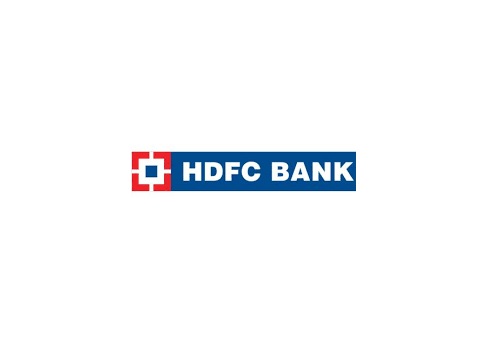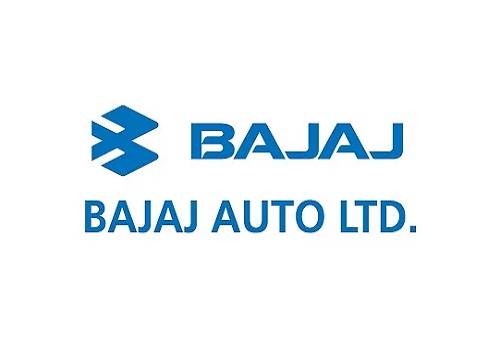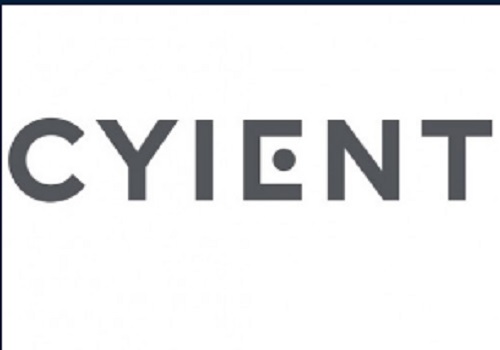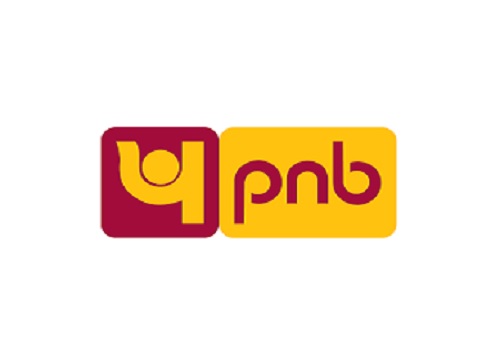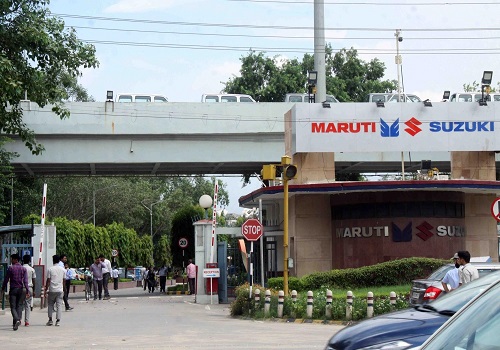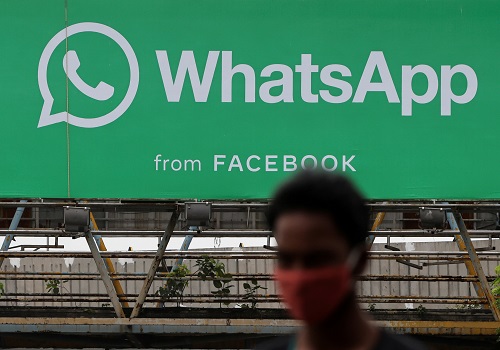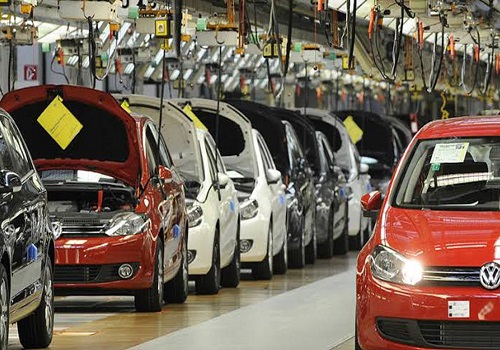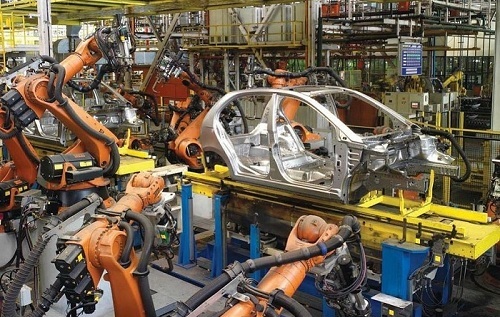Consumer Durables Sector update : Indian consumer MNCs deliver (disproportionate) value to parent - ICICI Securities

Follow us Now on Telegram ! Get daily 10 - 12 important updates on Business, Finance and Investment. Join our Telegram Channel
https://t.me/InvestmentGuruIndiacom
Download Telegram App before Joining the Channel
With India set to become as Unilever’s largest market by value overtaking US (undefined timeline though) (link), we reiterate how Indian consumer MNCs deliver immense value to the parent: (1) they provide valuation support to the parent company stock (Unilever, Maruti, Kansai), (2) a strong presence in a (perceived) high growth market like India is a strong narrative to have, (3) learnings on frugal innovation from India and (4) a high quality managerial talent pool. In this report, we reiterate on how Indian subsidiaries add valuation support to parent stock. In our view, all consumer MNCs should consider listing the Indian subsidiary (Beiersdorf, Carlsberg, L’Oréal, Mondelez, Reckitt Benckiser are some examples). Must see figures are 1-6, 8. Looking at this differently – many investors believe that owning the ‘cheap’ parent company stock is a better effective play to have the India exposure (Unilever, Suzuki, Kansai etc.). See our previous report here.
* Valuation multiple of parent ex-India business may appear attractive for the global investor: We believe that it is in the interest of the parent company to look at their valuation on a SoTP (sum of the parts) basis. Such an exercise, by looking at the parent ex-India implies a far lower valuation multiple. However, for this to make a meaningful difference, the Indian subsidiary’s contribution to profit should increase beyond the current mid-single digit levels. Case in point being HUL-Unilever, where Unilever’s 17x 2-year forward P/E reduces to 12x ex-India business given HUL stock trades at 54x P/E. At the same time, given low contribution of Nestle India, even a 62x 2-year forward P/E does not impact the parent’s valuation (remains at 21x both including and excluding Nestle India). See figures 7-18.
* Listing of Indian subsidiaries may be a good idea: Several global consumer companies (Mondelez, L’Oreal, Nivea, Reckitt Benckiser, Carlsberg) have significant Indian operations. As per the above SoTP valuation methodology, we believe that listing of such companies in India may improve the valuation of their parent stock – or even rerate it - see figures 19-28 (we assume subsidiaries’ valuation based on similar Indian consumer companies – for example Mondelez India is likely to be treated at par with Nestle India, if not higher, in our opinion).
* Indian MNCs have mostly outperformed their parent companies: We note the faster revenue and profit growth at Indian consumer MNCs versus their listed parent companies over the past two/five/ten/twenty years – see figures 5-6. The exception to this has been Kansai Nerolac. This performance, in our opinion, was driven by company specific issues - large exposure to auto industry in India where production has declined and there has been loss in market share in decoratives.
* Revenue and profit contribution still in single-digit for most companies: Although the revenue and profit contribution of most Indian consumer MNCs to their parent has increased significantly over the past couple of years, it still remains around low-to-mid-single digit (barring HUL and Kansai Nerolac) – see figure 2. Please note that for calculating the profit contribution, we have (1) adjusted for the parent’s shareholding and (2) added royalty payment to the parent. HUL’s revenue and profit contribution has increased from high-single digit to lowdouble digit and is set to become Unilever’s largest market by value. We further believe, Nestle India is likely to increase its contribution to Nestle SA given India’s outperformance.
* Indian MNCs’ stock price outperformance has been driven by faster growth and valuation multiple re-rating: Indian consumer MNCs’ stocks have largely outperformed their parents’ over 2Y, 5Y, 10Y and 20Y periods (see figures 3-4). We believe that the subsidiary valuation multiple has expanded over the past few years driven by (1) earnings outperformance (Colgate, HUL, Nestle, USL) and (2) expectations of volume growth acceleration (Akzo Nobel India, Kansai Nerolac).
To Read Complete Report & Disclaimer Click Here
For More ICICI Securities Disclaimer https://www.icicisecurities.com/AboutUs.aspx?About=7
SEBI Registration Number INZ000183631
Above views are of the author and not of the website kindly read disclaimer
